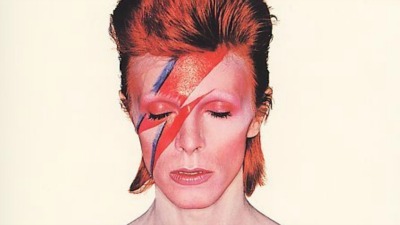Coverage of the death of David Bowie has been huge, bigger than the coverage of the death of Michael Jackson who sold far more albums. Why has the death of Bowie had a bigger impact? It’s because he had a bigger cultural impact and one reason he made a bigger cultural impact is because, in his early career, he epitomised one of modern liberalism’s biggest values, namely expressive individualism.
Modern liberalism is in large part about having the freedom to express yourself. In this view, the truly free person is the one most willing to defy norms and conventions. Few did this better than David Bowie in the early part of his career, especially in his androgynous, alien incarnation, Ziggy Stardust (pictured).
Here he was defying the limits of gender in the name of ‘freedom’, and even the limits of human nature. This made Bowie a sort of patron saint of expressive individualism. Apart from his huge musical talent this is why his death received such massive worldwide coverage this week, especially given that so many senior journalists would have become fans of Bowie in their youth.
The irony is that during this period (from roughly 1970 until 1977), Bowie’s life was coming off the rails in a very big way. When he was deep in the grip of a terrible cocaine addiction he moved to Berlin to try and put his life back together again.
One friend recounts the night in Berlin when Bowie was speeding along in his car at 70 mph shouting that he wanted to end it all.
He writes: “In the capital of reinvention…Bowie began to edge away from cocaine psychosis, finding his way out of his life of excess, remaking himself as an ordinary man.”
Bowie did put his life back together and in 1992 married again, this time to the model, Iman, who he remained married to until his untimely death.
In a way his life is testimony to the fact that ‘expressive individualism’ has its limits. Its limits are hit when it becomes self-destructive. Norms have a point, when they are good norms that is. Good norms and good conventions help to protect us from behaviour that destroys us and those around us.
Bowie seemed to be a happier man when he became more conventional. Most of his fans are for the most part very conventional themselves; sensible, married, middle class, middle-aged.
It will be pointed out that Bowie’s most creative period coincided with his most convention-defying period, and that is true.
But very few people who have gone down that path, to that extent, sometimes self-destructively, have his compensating creative powers.
















